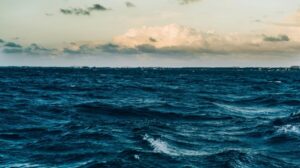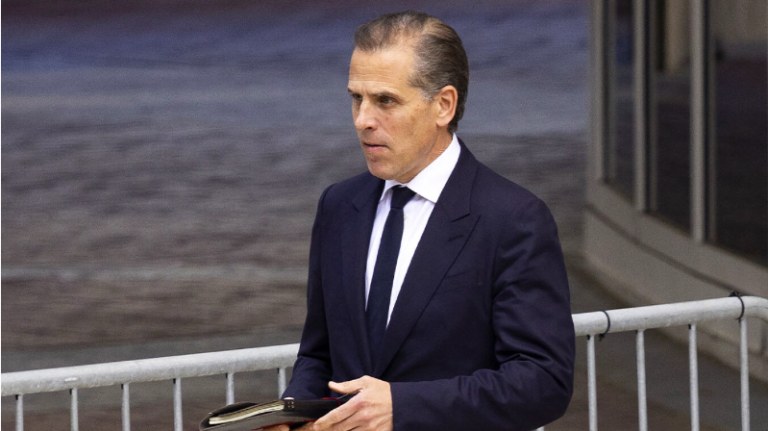The government of Norway has made the decision to suspend its controversial plan to allow commercial-scale mining on the bottom of the sea.
However, Prime Minister Jonas Stor called the development a “postponement” and said preparatory work on regulations and environmental impacts would continue.
Norway had planned to allow companies to apply to mine precious metals in an extent of 280,000 square kilometers, which is twice the size of Greece.
The plans were blocked after the country’s Socialist Left Party stated that it would not support the government’s budget unless the first licensing round, set for 2025, was scrapped.
As the BBC notes, environmental scientists had warned that mining could be devastating to marine life. The plans were opposed by 32 countries, including France, Canada, Brazil and Germany.
Environmental groups are also speaking of a “huge victory”.
Norway became the first country in the world to go ahead with commercial-scale offshore mining when it approved the plans last January.
The seabed is thought to hide vast quantities of metals such as lithium, scandium, and cobalt, which are vital for “green” technologies. On land, these metals are found in a few countries, including China.
Ask me anything
Explore related questions




